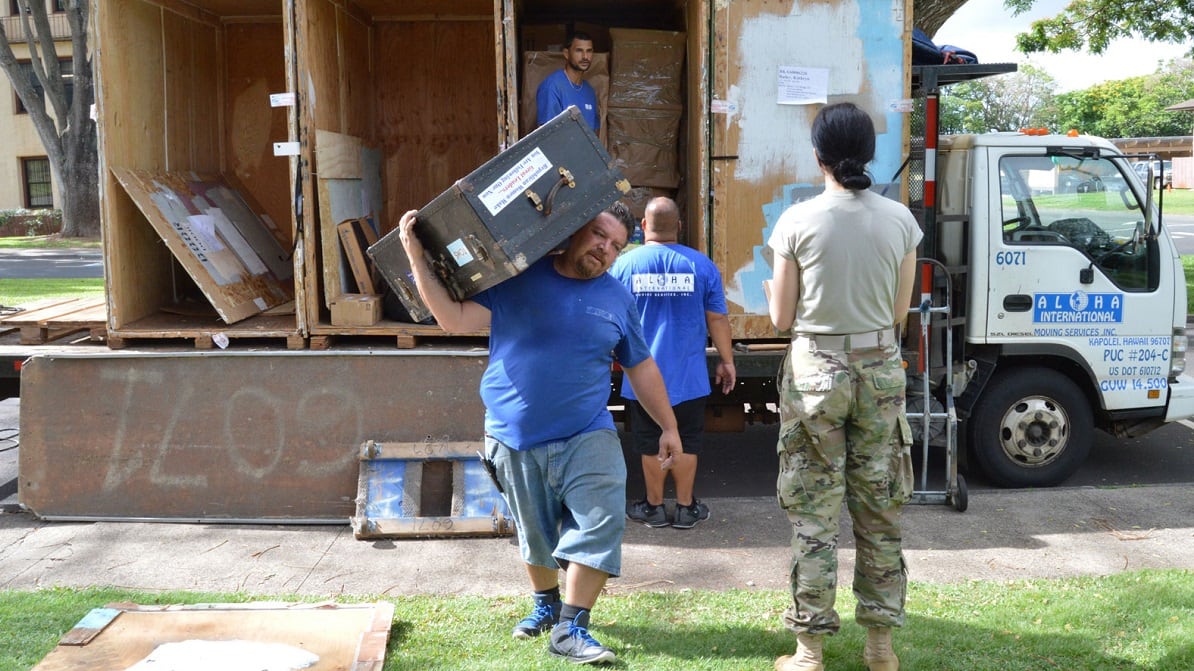HUNTSVILLE, Ala. ― While Army modernization forges ahead with six acquisition priorities and a brand new four-star command to support them, senior leaders are also taking a look at a personnel revolution to match.
A more nuanced assignment system is on the way, as are opportunities to bring in experienced civilians mid-grade ranks or allow some uniformed experts to stay in their operational roles long-term. Another worth considering, according to the deputy commander of Army Futures Command, is scaling back on permanent change-of-station moves.
“I think one of the biggest harms to readiness is three letters, and it’s called PCS,” Lt. Gen. Eric Wesley said Thursday at AUSA’s Global Force Symposium. “Now, there’s a certain requirement to move soldiers around, but it’s not because you’ve been there too long.”
Though the Army’s ongoing modernization plan largely deals with war-fighting doctrine and equipping, the G-1 and Human Resources Command are also involved, Wesley said.
Talent management has been getting more and more attention from senior leadership, as a task force works to lay out changes to the Defense Officers Personnel Management Act, and a new integrated pay and personnel system continues its pilot testing.
But modernization could mean not just decisions about where a soldier is assigned, but how long they stay there.
Traditionally, service members have moved around every few years to help fill inevitable holes in formations caused by attrition, with the idea that new faces help shake organizations up, and a deep resume makes a more well-rounded leader.
In practice, however, leaders often lament that by the time they’ve found their footing in a new unit, they’re preparing to move to the next one before they can really have an impact.
RELATED

“Because although cross-fertilization is good, I’m not sure the argument is more compelling than the fact that you’re losing readiness by PCSing,” Wesley said.
The Army should get comfortable with the possibility of a long-term regimental or division affiliation, “the idea of aligning people to organizations where they don’t have to create new muscle memory every three years,” he added.
The other side of the coin is, of course, that there will always be soldiers who can’t wait for a change of scenery, and who want broadening assignments that will help them later in their careers. But for some, mostly staying put could offer a different advantage.
“This is something to talk about in terms of personnel management of the force,” Wesley said.
Meghann Myers is the Pentagon bureau chief at Military Times. She covers operations, policy, personnel, leadership and other issues affecting service members.




